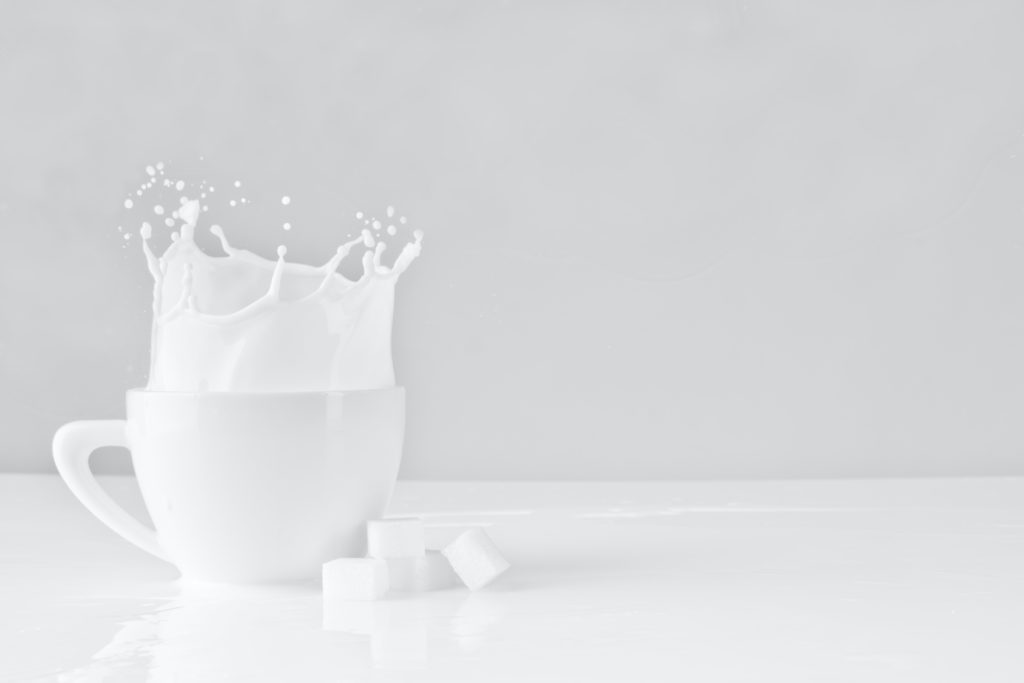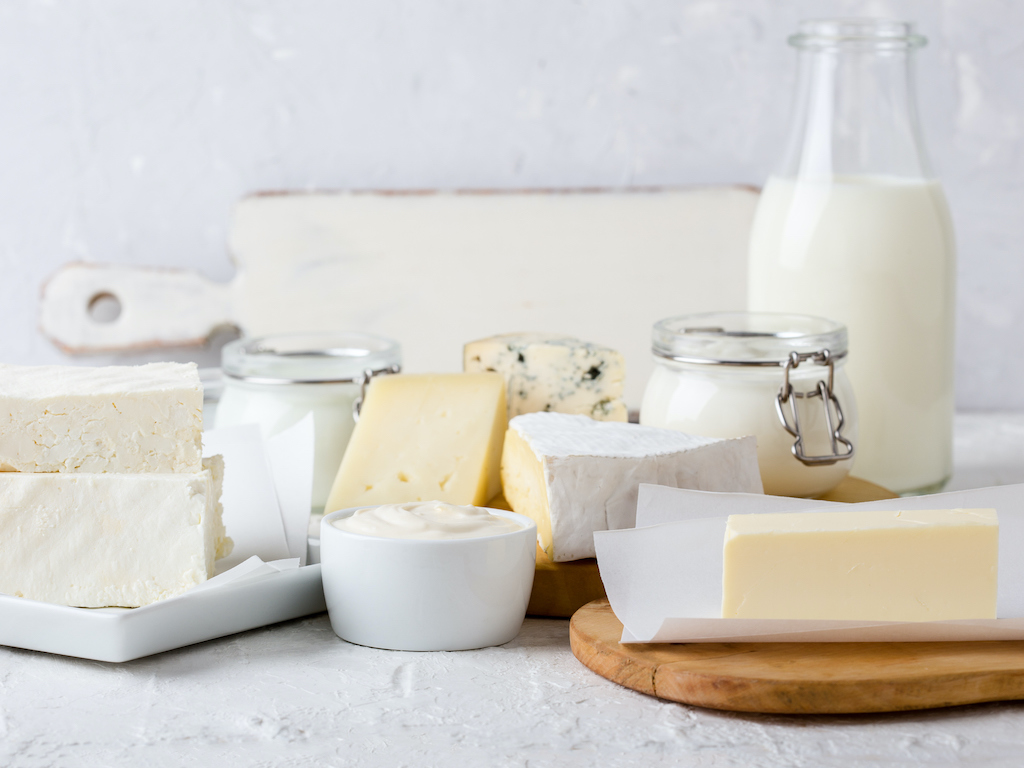Cow-Free Dairy Startup Remilk Secures Fresh Backing Of $120 Million
3 Mins Read
As investors pour money into animal-free dairy, Israeli food tech startup Remilk has announced completion of its latest fundraising effort, a Series B round that saw $120 million raised. Hanaco Ventures led the round with Rage Capital, CPT Capital, and Just all joining. Previous investors including Tnuva and Hochland participated again.
Remilk has now been valued at $325 million—ten times last year’s valuation. This follows the confirmation of numerous partnerships with global dairy manufacturers and anticipated commercialisation in 2022.

Gearing up for international launch
Remilk previously scooped $11.3 million in a Series A funding round. Investment was used to ramp up production and distribution plans. Now, undisclosed deals have been signed with dairy manufacturers and the company is ready for commercial launch. The $120 million Series B investment will be used to facilitate full manufacturing rollout, pending international regulatory approvals.
The Tel Aviv-based startup has enjoyed success thanks to its focus on casein. The protein that makes cheese taste and perform like conventional dairy, it is a driver to cow-free dairy success.
“The huge gap between plant-based cheese and real cheese is represented almost entirely by casein micelles,” Aviv Wolff, co-founder and CEO of Remilk told Fast Company. “This unique structure of the proteins, that has only been found in mammalian milk, is where the magic happens, and is responsible for all the different qualities that we love about dairy products.”
Using microbial fermentation, Remilk has developed a way to replicate animal casein. The result is dairy products that the company claims are “indistinguishable” from conventional counterparts. The fermentation focus differs from California’s Perfect Day, which has zoned in on whey as a building block for animal-free dairy proteins.
While on a press tour in November 2021, Wolff revealed that sustainability was driving the Remilk vision forward. “Relying on animals to make our food is no longer sustainable. The implications of animal farming are devastating for our planet,” he said. The company has completed production facilities in the U.S. and Europe and is working to gain regulatory approval for both regions. Once granted, it will allow Remilk to manufacture its proprietary dry ingredient that can be used to make dairy products. Ready-to-consume Remilk lines are currently being developed.

Israel’s alternative dairy scene
Israel’s burgeoning food tech sector is paving the way for future food development. The Good Food Institute Israel released a report last year that demonstrated a country-wide commitment to alternative protein sourcing. It notes that there are more than 100 companies active in the field. Forty percent are considered startups. Five companies are specifically tasked with cultivated meat and milk development while 10 are fermentation specialists.
These stats put the country second only to the U.S. in terms of active companies. Seven food tech incubators allow ideas to be transformed into tangible products quickly, making Israel consistently competitive on a global scale. They offer support to the alternative dairy sector.
Domestic alt-dairy startup Imagindairy celebrated a $13 million seed round in November 2021. The round was led by MoreVC. The company uses precision fermentation to support microorgnisms that produce identical dairy to that made by cows. It does so while ensuring “complete sustainability”. Like Remilk, it is awaiting approval for full commercialisation.
History was made last year when BioMilk became the first cultivated milk manufacturer to go public. The Israeli startup produces real cow’s and human breast milk using cells taken from the body. The company was traded on the TASE but is hopeful that a similar opportunity on the Nasdaq is not out of reach.
Correction: A previous version of this article published a Remilk revenue projection that was inaccurate; it has been removed.
Lead image courtesy of Unsplash.




